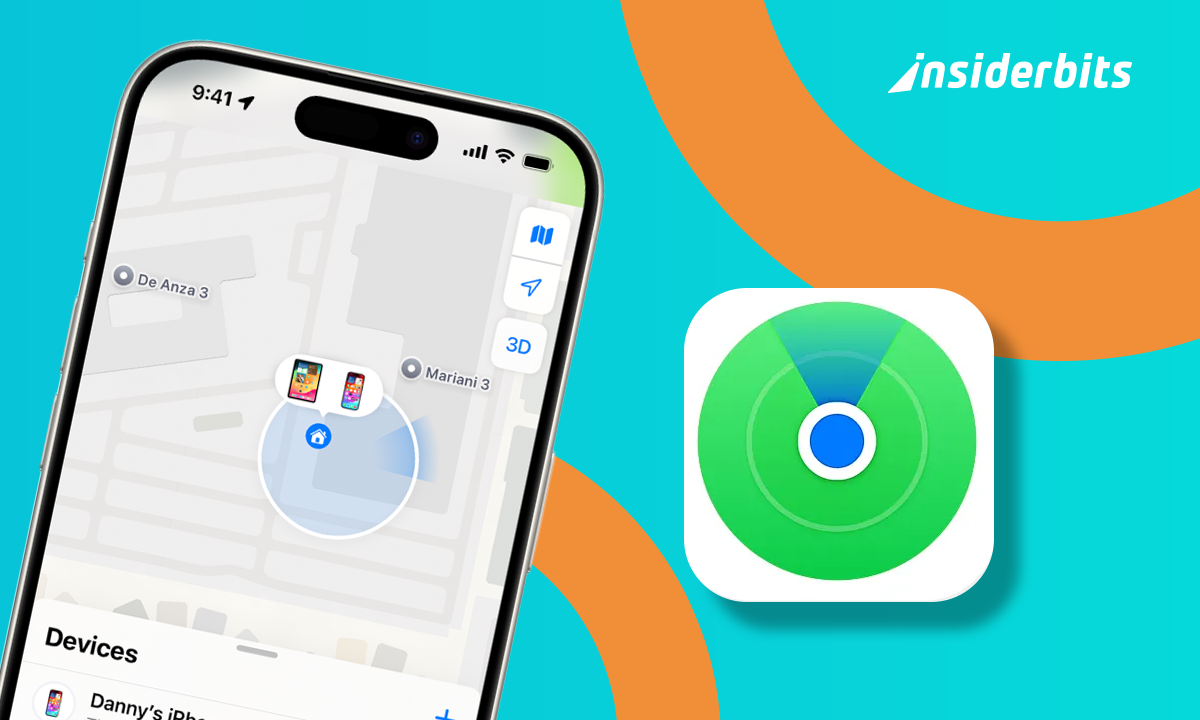For millions of Americans, the night is interrupted by frequent awakenings, making restful sleep feel more like a distant goal than a nightly reality. According to the Sleep Foundation, nearly 35% of adults can’t sleep, reporting waking up during the night at least three times a week, often without knowing exactly why.
What seems like a personal frustration is actually rooted in a mix of biological, environmental, and behavioral factors that silently disrupt deep rest. Understanding what causes these nighttime disturbances is the first step to addressing them with practical changes that can restore healthy sleep.
- Sleep Tracker: Optimize Your Sleep
- AI Sleep Coaches: How Technology is Revolutionizing Rest in 2025
- ASMR for Sleep: How It Helps You Relax & Unwind
Why Most People Can’t Sleep Through the Night
Waking up in the middle of the night is part of the body’s natural rhythm, often occurring between sleep cycles.
However, when these interruptions become frequent or difficult to recover from, they are usually connected to broader lifestyle patterns or underlying health concerns.
Some of these disturbances can come from chronic stress, erratic work schedules, anxiety, excessive screen time in the evening, and some other things.
All of these contribute to the disruption of circadian rhythms, the internal clock that regulates our sleep-wake cycle, making it more difficult to stay asleep through the night.
Common, but often overlooked medical conditions, such as sleep apnea, restless leg syndrome, gastroesophageal reflux, or nocturia (frequent nighttime urination), can trigger awakenings.
When left untreated, these issues may prevent the body from reaching deep sleep.
Environmental factors also play a major role. Exposure to artificial light from devices can delay or suppress melatonin release, confusing the brain and increasing the likelihood of premature waking during the night.

The Science Behind Nighttime Wakeups
Sleep unfolds in repeating cycles made up of distinct stages, each playing a crucial role in mental and physical recovery, and it’s during the natural transitions between these phases that brief awakenings can occur.
While most of these transitions pass unnoticed, some individuals become fully conscious during them.
This happens especially when other factors like emotional or physical discomfort, or ambient noise push the brain into a heightened state of alertness.
In people experiencing ongoing stress or anxiety, cortisol levels may begin to rise too early in the night, disrupting the hormonal balance that should keep the body in rest mode and leading to premature wakefulness.
Consequently, internal physiological changes can also stimulate the nervous system and prompt the brain to exit deeper stages of sleep earlier than intended.
Habits That Sabotage Your Sleep Cycle
Some of the most common habits that can disturb your sleep are eating heavy meals close to bedtime and scrolling through phones late at night.
In addition, consuming stimulants like caffeine and alcohol can all interfere with your body’s readiness to sleep.
Moreover, going to bed at inconsistent hours confuses your circadian rhythm, preventing the natural release of melatonin and making it harder to stay asleep once you doze off.
When these habits stack up over time, they create a cycle of poor sleep quality that reinforces itself, even when you’re physically tired.
Practical Tips to Sleep Longer and Deeper
Establishing a consistent bedtime routine and keeping your sleep environment cool and quiet are essential steps to help your body recognize when it’s time to wind down.
These signals reinforce your natural circadian rhythm and make it easier to fall and stay asleep.
Meanwhile, limiting screen time before bed is also critical, as blue light exposure can delay melatonin production and make your brain feel alert when it should be preparing for rest.
Keep in mind that replacing screens with calming activities like gentle stretching or breathing exercises can ease the transition into sleep.
It’s also important to pay attention to what you consume in the hours before bed.
Remember that cutting off caffeine after midday, limiting alcohol in the evening, and avoiding heavy or sugary snacks can prevent blood sugar fluctuations and digestive disruptions that often cause nighttime wakeups.
Together, these habits support longer, more restorative sleep by reducing external and internal interruptions that compromise the quality of your rest.
How Sleep Apps Can Improve Your Rest
For those who often wake up feeling tired despite spending hours in bed, sleep-tracking apps offer a personalized way to better understand what’s really happening during the night.
Firstly, Sleep Cycle – Tracker & Sounds (iOS/Android) uses motion detection and sound analysis to monitor your sleep phases.
4.8/5
This helps you identify the times when you’re most prone to disturbances or shallow rest. It also features a smart alarm that wakes you during your lightest sleep stage, making mornings feel more natural and less jarring.
RISE: Energy & Sleep Tracker (iOS/Android), on the other hand, focuses on daily energy optimization by analyzing your sleep debt and circadian rhythm.
4.6/5
It helps you plan your schedule around natural peaks in alertness, guiding you to ideal times for sleeping, working, and relaxing.
Together, these apps provide real-time insights and daily recommendations that support long-term improvements in sleep quality, making it easier to fall asleep and wake up refreshed.
Why Most Americans Can’t Sleep Through the Night – Conclusion
Waking up frequently during the night is often a sign of your body reacting to deeper issues like accumulated stress or poor habits. These signals can serve as a wake-up call to reassess how you approach rest.
Simple adjustments, such as improving your sleep environment, managing stress levels before bed, and establishing consistent sleep-wake times, can significantly reduce disturbances throughout the night.
With commitment to these science-backed habits, achieving uninterrupted, high-quality sleep is entirely possible, and it can become your new nightly standard.
Verwandt: AI Sleep Coaches: How Technology is Revolutionizing Rest in 2025
Hat Ihnen dieser Artikel gefallen? Speichern Sie den Insiderbits-Blog unter Ihren Favoriten, um die neuesten Tools, kreativen technischen Tipps und bahnbrechenden Entwicklungen in der Bildbearbeitung zu erhalten!





